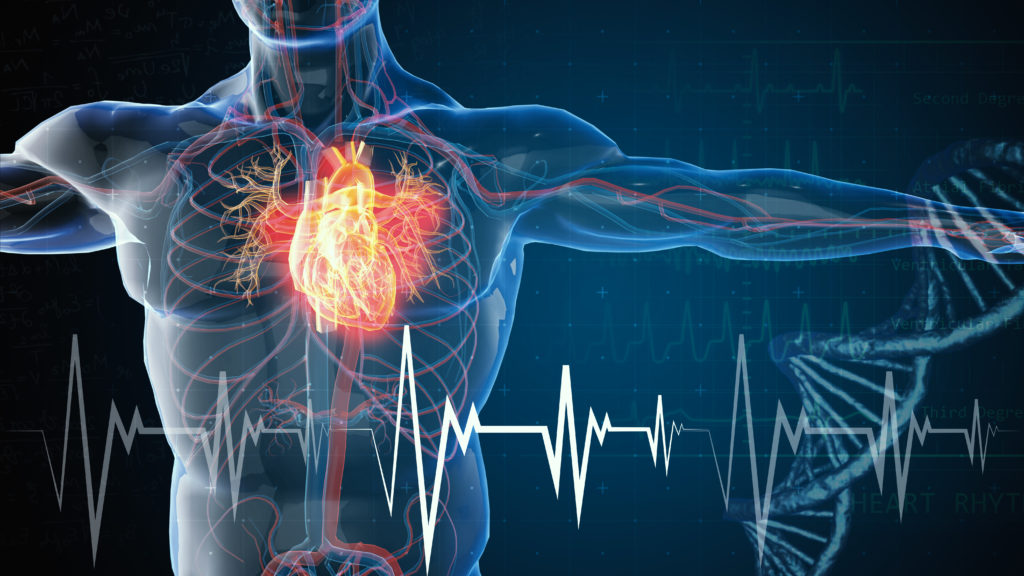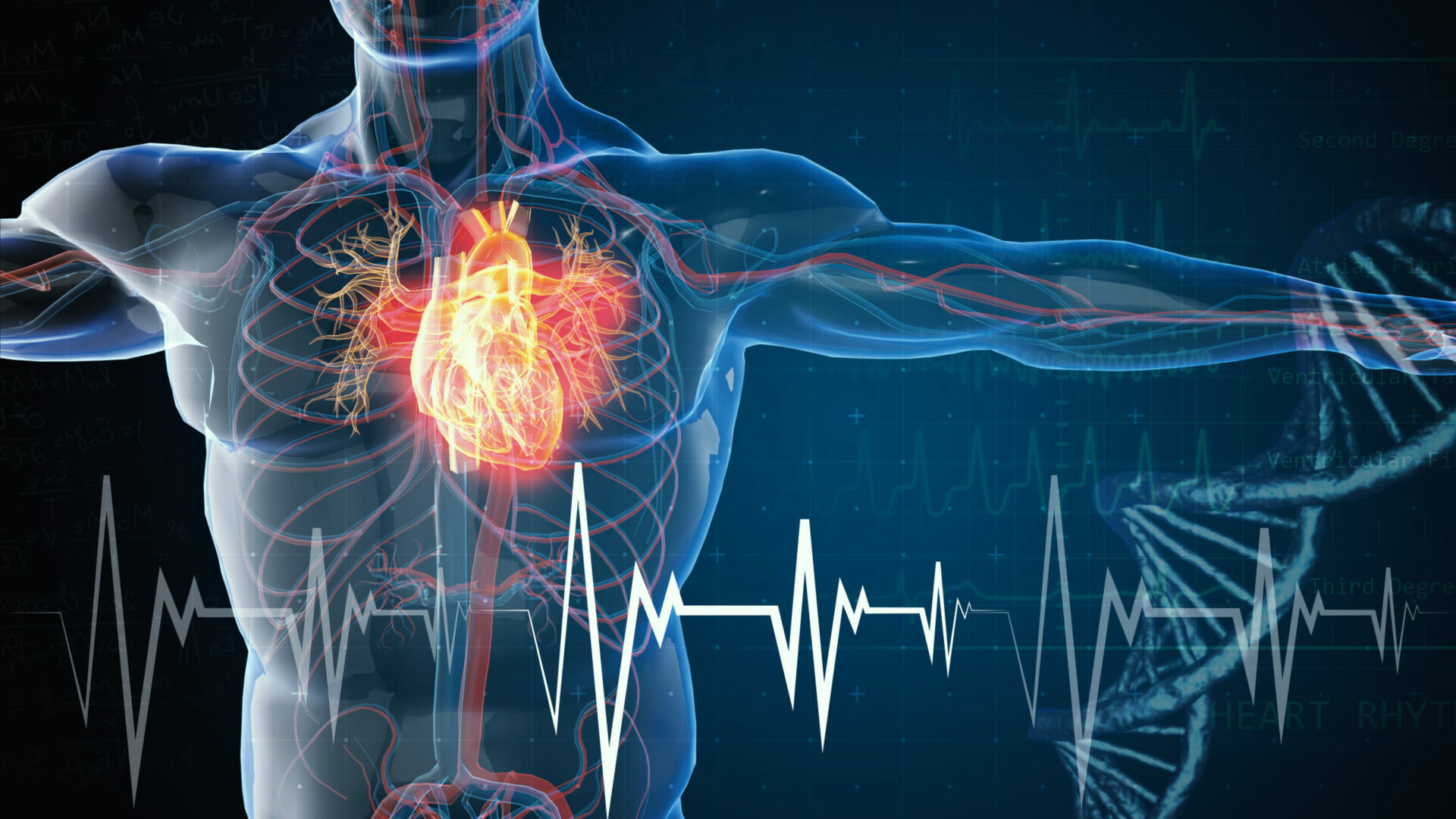To begin with, what is metabolism?
Metabolism is a series of actions that enable the body to carry out its natural functions, which are necessary to stay alive. The beating of the heart, breathing, digestion and the functioning of the brain are all actions orchestrated by the metabolism.
To function, the metabolism needs fuel in order to remain constantly active. The metabolism is fuelled in particular by the fats and carbohydrates in our diet.
When the metabolism goes wrong, metabolic syndrome occurs. These are different events that interact with each other and lead to the onset of disease.
Metabolism varies throughout our lives, depending on our age and sex, but also on external factors such as our diet, environment and physical activity.
The most frequent events are
- Excessive weight gain,
- Hyperglycaemia, i.e. an excess of sugar,
- Dyslipidaemia, i.e. lipid dysfunction, very frequently resulting in excess cholesterol,
- Blood pressure dysfunction.
Cardiometabolic diseases

Metabolic syndrome occurs when a number of events occur and persist. Metabolic syndrome then leads to metabolic diseases. Metabolic diseases are very common, but they are often diagnosed too late because they develop silently in the body. They are then revealed during an acute episode in the expression of the disease.
Cardiometabolic diseases are :
- Obesity,
- Diabetes,
- Cardiovascular diseases: hypertension , thrombosis, cardiomyopathy, stroke, heart failure,
- Liver diseases, including NASH, hepatic steatosis, also known as fatty liver disease or soda disease,
- Gynaecological disorders.
What is cardiometabolism?
Metabolism acts in concert with the heart and influences its functioning. When several metabolic events occur and coexist, the risk of developing cardiovascular disease increases. Organs communicate with each other and metabolic degradation creates chain reactions.
Cardiometabolic diseases are the diseases of a lifetime. They are chronic, long-term illnesses that patients must learn to manage in order to avoid acute episodes that lead to hospitalisation and worsening of the disease.
It is therefore absolutely vital to provide comprehensive care for cardiometabolic diseases. Medical disciplines need to talk to each other, just as organs do, in order to halt or stabilise these diseases. This is the mission of the ICAN IHU.

In collaboration with the doctors and researchers in its community, the ICAN IHU is setting up innovative care pathways for patients with cardiometabolic diseases and developing cutting-edge research to gain a better understanding of the mechanisms by which these diseases form and spread.
The IHU-ICAN teams are working to accelerate translational research in order to rapidly transfer research advances for the benefit of patients.








